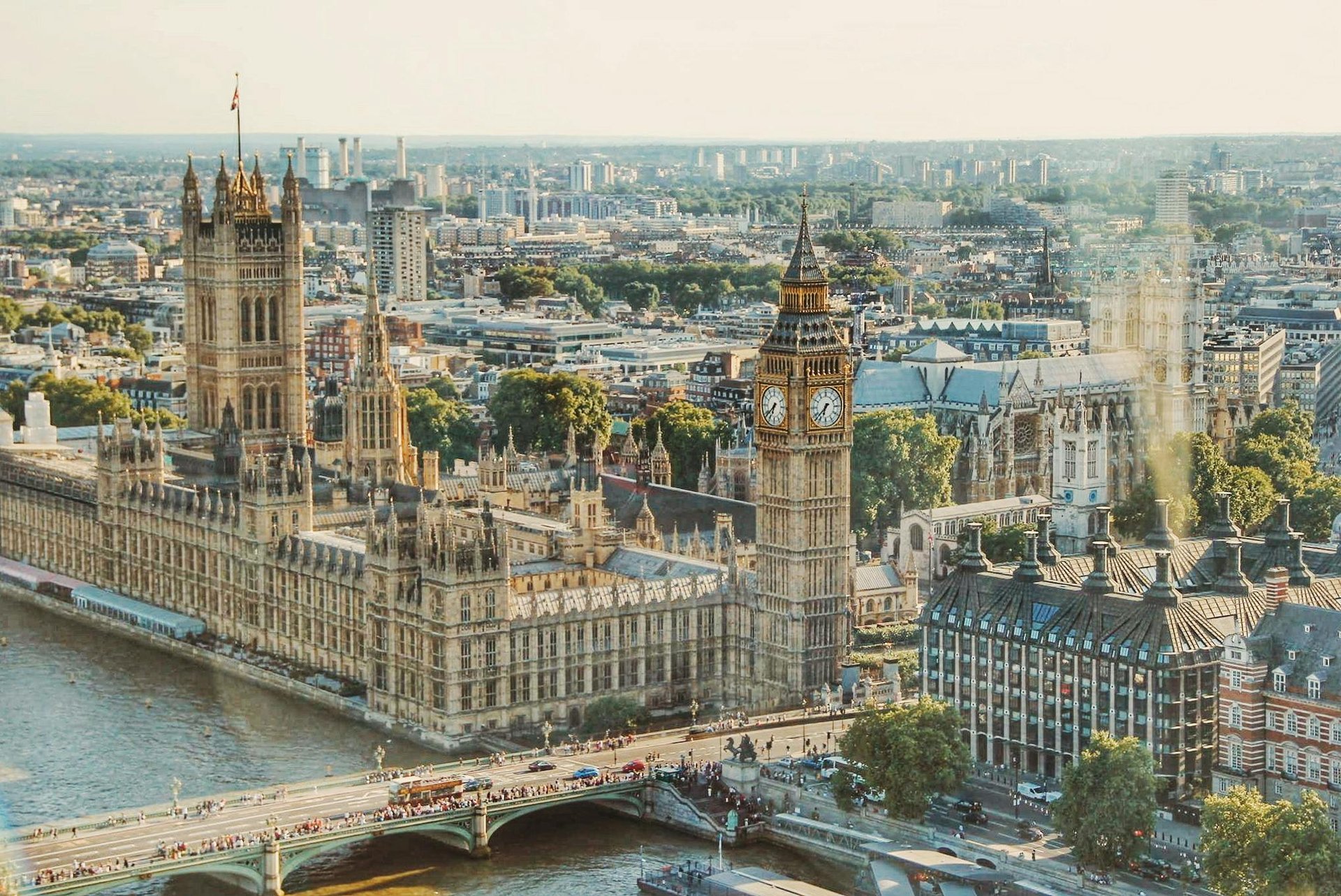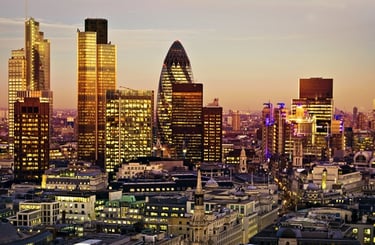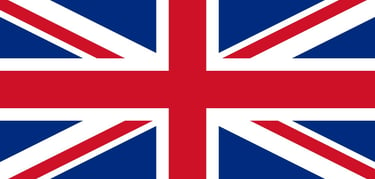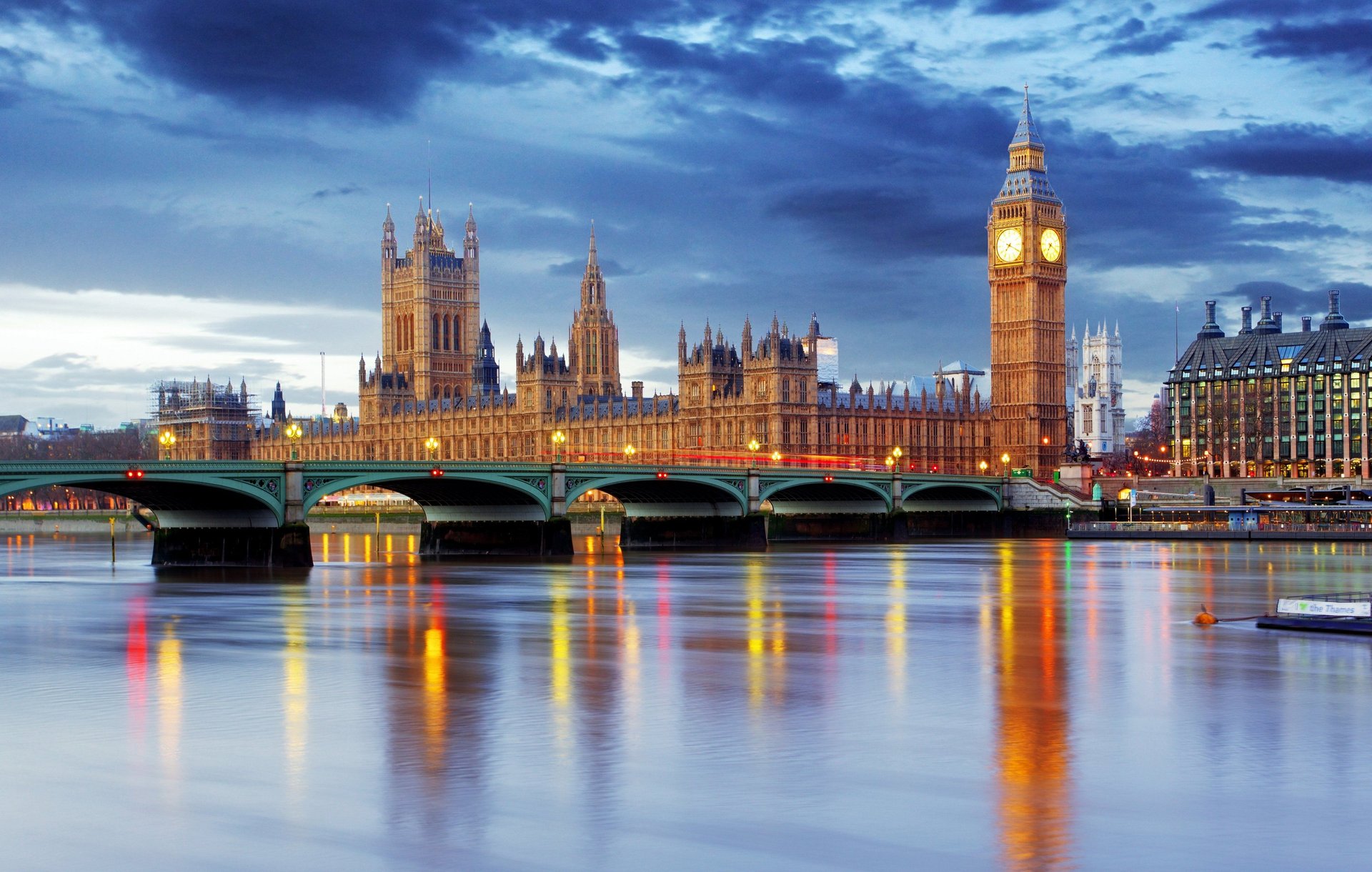
About United Kingdom
The United Kingdom (UK) is a sovereign nation located off the northwest coast of mainland Europe. It comprises four constituent countries: England, Scotland, Wales, and Northern Ireland. The UK is an island country spanning an archipelago including Great Britain, located in Western Europe comprising England, Scotland, Wales, and Northern Ireland.
United Kingdom
History
Ancient & Medieval Periods
i) Prehistoric Britain:
Includes Neolithic structures like Stonehenge (c. 3000 BC).
ii) Roman Britain (43–410 AD): Britain was a Roman province; Hadrian’s Wall was built to defend the northern frontier.
iii) Anglo-Saxon Period (410–1066):
After Roman withdrawal, various Germanic tribes settled. Christianity spread during this time.
iv) Viking Invasions (8th–11th centuries):
Vikings raided and settled parts of England, leading to the Danelaw.
v) Norman Conquest (1066):
William the Conqueror, Duke of Normandy, defeated King Harold at the Battle of Hastings, bringing feudalism and a new ruling elite.
Medieval to Early Modern Period
i) Plantagenets and Wars of the Roses (1154–1485):
A series of dynasties ruled, leading to conflicts like the Hundred Years’ War with France and internal strife.
ii) Tudor Period (1485–1603)
iii) Henry VIII broke from the Catholic Church and formed the Church of England.
iv) Elizabeth I presided over a golden age of exploration and culture (e.g., Shakespeare).
v) Stuart Period (1603–1714)
vi) Civil War (1642–1651): Between Royalists and Parliamentarians; King Charles I was executed.
vii) The Commonwealth/Protectorate under Oliver Cromwell followed.
viii) Restoration (1660):
Monarchy restored under Charles II.
ix) Glorious Revolution (1688):
William and Mary took the throne, establishing a constitutional monarchy.
18th–19th Centuries - Empire & Industry
i) Acts of Union
ii) 1707:
England and Scotland united to form Great Britain.
iii) 1801:
Ireland joined, creating the United Kingdom of Great Britain and Ireland.
iv) Industrial Revolution (late 1700s–1800s):
Britain became the world’s first industrialized nation, leading to urbanization and global influence.
v) British Empire Expansion:
At its height, it was the largest empire in history ("the empire on which the sun never sets").
20th Century - War & Change
i) World War I (1914–1918) & World War II (1939–1945):
Britain played key roles in both wars.
ii) Decline of Empire:
After WWII, many colonies gained independence (India in 1947, others followed).
iii) Irish Independence (1922):
Most of Ireland became independent; Northern Ireland remained part of the UK.
iv) Post-War Reforms:
Creation of the NHS, welfare state, and major social reforms.
Modern Era
i) Joining the European Economic Community (1973) and Brexit (2016 vote, 2020 exit) from the EU marked major political shifts.
ii) Ongoing debates about Scottish independence, Northern Ireland's status, and constitutional reform.
iii) A constitutional monarchy continues under the reigning monarch (as of now, King Charles III).


Economy
1. GDP & Growth
i) GDP Size (Nominal): Approximately £2.5 trillion (~$3.1 trillion USD).
ii) Recent Growth Trends:
The UK economy experienced sluggish growth in 2024, hovering around 0.5% to 1%, with occasional stagnation or slight contraction in some quarters.
iii) 2025 Outlook:
Modest recovery expected, but still facing headwinds from inflation and weak consumer demand.
2. Inflation & Interest Rates
i) Inflation:
Eased from double-digit highs in 2022–2023, now around 3–4%, though still above the Bank of England's 2% target.
ii) Interest Rates:
Bank of England base rate remains high (around 5.25%), aimed at controlling inflation but also dampening borrowing and investment.
3. Labour Market
i) Unemployment Rate:
Relatively low, around 4.3%, but there are skills shortages in some sectors and underemployment in others.
ii) Wage Growth:
Has been rising, but often not keeping pace with inflation in real terms.
4. Key Sectors
i) Services:
Dominant sector (over 70% of GDP), especially financial services, tech, education, and tourism.
ii) Manufacturing:
Shrinking as a share of the economy, but still significant in aerospace, pharmaceuticals, and automotive.
iii) Energy:
Growing interest in renewables, especially wind power, but still reliant on gas.
iv) Construction & Real Estate: Slowed due to high interest rates and weaker demand.
5. Trade & Brexit Impacts
i) Exports & Imports:
Trade volume has been subdued post-Brexit, with new EU trade barriers still posing challenges.
ii) Trade Partners:
Top partners include the EU, US, China, and Commonwealth countries.
iii) Brexit Legacy:
Ongoing adjustment pains—customs costs, reduced EU labor mobility, and regulatory divergence are still being felt.
6. Public Finances
i) Public Debt:
High — over 95% of GDP. Government continues to run a fiscal deficit.
ii) Spending Priorities:
NHS, defense, social welfare, and energy transition.
iii) Taxation:
Pressure is rising for tax reform or increased revenue, especially from wealthier individuals and corporations.
7. Consumer Sentiment
Still relatively weak due to cost-of-living pressures, high mortgage rates, and economic uncertainty, although stabilizing slowly.






Offshore Jurisdiction
The United Kingdom itself is not typically classified as an offshore jurisdiction. However, it encompasses several territories and dependencies that are renowned for their offshore financial services. These include the Channel Islands (Jersey, Guernsey, and the Isle of Man), the British Virgin Islands, and the Cayman Islands. These regions offer favorable tax regimes and financial services, attracting international businesses and investors.
Taxation in United Kingdom
2. National Insurance Contributions (NICs)
NICs are payments made by workers and employers to qualify for certain benefits and the State Pension. The rates and thresholds for NICs can vary, and recent budgets have introduced changes to these contributions.
1. Income Tax
Income tax is the largest source of government revenue in the UK. Individuals are taxed on their total income, which includes earnings from employment, investments, and other sources. The tax operates on a progressive scale, with higher rates applied to higher income brackets. As of the 2024/2025 tax year, the personal allowance—the amount of income that is tax-free—is set at £12,570. Income above this threshold is taxed at varying rates depending on the income level. Notably, the personal allowance is gradually reduced for individuals earning over £100,000, eliminating it entirely for those with incomes above £125,140.
3. Value Added Tax (VAT)
VAT is a consumption tax applied to most goods and services. The standard rate is 20%, with reduced rates of 5% and 0% applying to specific items, such as energy-saving materials and children's clothing.
4. Corporation Tax
Corporation tax is levied on the profits of companies. The main rate is 25% for the financial year beginning 1 April 2024. Companies with profits below £50,000 benefit from a lower rate of 19%, with a sliding scale applying to profits between £50,000 and £250,000.
5. Capital Gains Tax (CGT)
CGT is charged on the profit from the sale of assets such as property, shares, or businesses. The rates depend on the individual's income tax band and the type of asset sold. Recent discussions have focused on aligning CGT rates more closely with income tax rates to address perceived inequities.
6. Inheritance Tax
Inheritance tax is payable on the estate of a deceased person, including property, money, and possessions. The standard rate is 40%, applied to the value of the estate above the nil-rate band, which is currently £325,000. There are various exemptions and reliefs available, such as the residence nil-rate band for passing on a family home.
The United Kingdom's taxation system is multifaceted, encompassing various taxes that fund public services and infrastructure. Below is an overview of the key components.
7. Recent Developments
In the 2024 Autumn Budget, Chancellor Rachel Reeves announced significant tax increases aimed at reversing the decline in public services and restoring economic stability. Key measures include an increase in National Insurance contributions for employers, changes to capital gains tax, inheritance tax, VAT on private schools, and adjustments to the non-domicile tax regime. These changes are part of a broader strategy to invest in public services while addressing the UK's fiscal challenges.
It's important to note that tax laws are subject to change, and individuals and businesses should consult with tax professionals or refer to official government resources for the most current information.


All Rights Reserved © 2025
Address
44, Boulevard Victoria Avenue,
Port-Louis, 11403, Mauritius
Contacts
Tel 1: (+230) 5444 6695
Tel 2: (+230) 5780 2621
Email: info@worldfinconsult.com
AAll Rights Reserved © 2025
Quick Links


